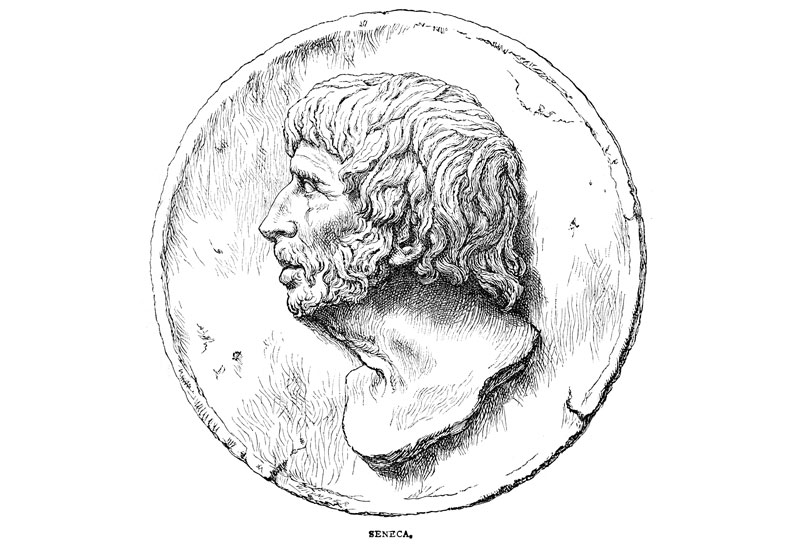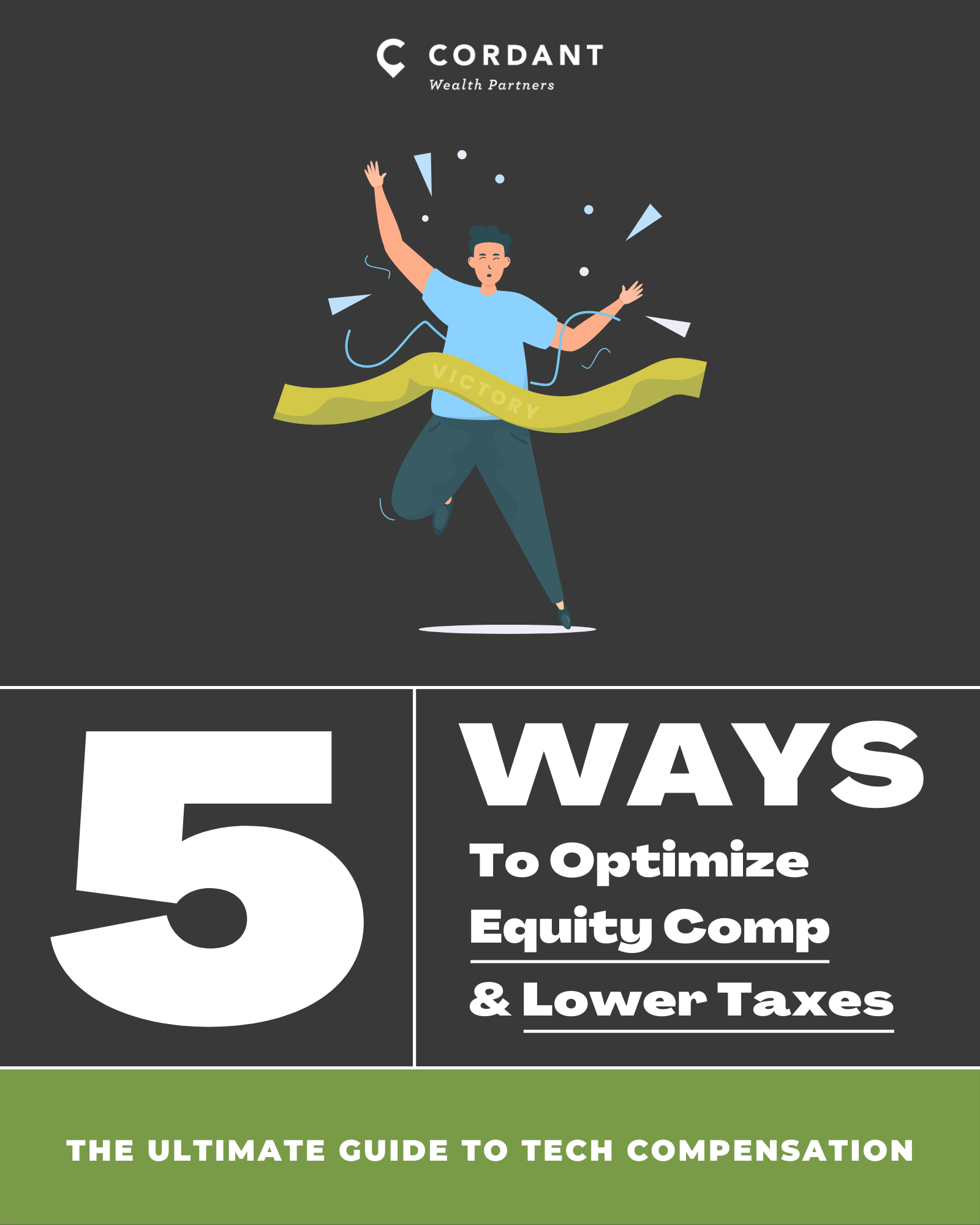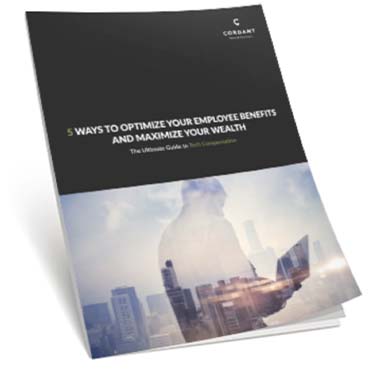Those who cannot remember the past are condemned to repeat it. -George Santayana
I think Seneca (the Roman philosopher from 2,000 years ago) would have been a fan of performance reporting. Now, before you think I’ve completely gone off the rails, hear me out.
In his writing, Seneca stresses the importance of examining the past and in making time to learn from what has already happened.
While this is an important part of life, it’s also an important part of a good investment process. But, unfortunately many people don’t have a proper system in place or take the time for this review.
Imagine a world-class runner preparing for the Olympics. What would happen if they didn’t track their performance and measure their results? They would miss out on a wealth of information. Without timing their splits, they wouldn’t know if their start, or maybe their finishing kick, held the most opportunity for improvement. And by using advanced biomechanics, runners can identify areas for improvement in stride or nutrition.
The same is true when measuring investment performance. If you don’t examine past results, you miss out on information to improve in the future—to correct mistakes.
Now imagine it’s not a solo runner, but a relay team. Would it make any sense to only measure each individual’s performance separately? Or would it make more sense to measure the overall results of the team?
Individual performance is a useful starting point but what you need, what the competition is based on, are the results of the full team. By measuring the full team, you get information about the transitions between different runners and the performance of each in the context of the whole.
Just like you wouldn’t judge a relay team based on individual performance, you shouldn’t view your individual investment account separately either. Just like a team is going to have a coach for the whole team, you need one system to consolidate the performance of your entire investment portfolio.
Taking the time
In his essay “On the Shortness of Life,” Seneca observes that life is busy. Most people are so busy making future plans and catering to external demands on their time (he uses the term “preoccupied”) that they don’t stop to reflect on the past.
However, by choosing to be busy, by not making a review of the past part of our process, we miss out on valuable information. The past is the only period we know for certain—the only thing that’s guaranteed, something Seneca discusses in his essay.
“Life is divided into three periods, past, present and future. Of these, the present is short, the future is doubtful, the past is certain. For this last is the one over which Fortune has lost her power, which cannot be brought back to anyone’s control. But this is what preoccupied people lose: for they have no time to look back at their past.”
[…]
“But all the days of the past will come to your call: you can detain and inspect them at your will—something which the preoccupied have no time to do.”
If the past is the only period we can “detain and inspect” at will, what’s the advantage of doing so? Seneca goes on to say an unexamined life, like pouring liquid into a bottomless container, is useless.
“So their lives [the preoccupied] vanish into the abyss; and just as it is no use pouring any amount of liquid into a container without a bottom to catch and hold it, so it does not matter how much time we are given if there is a nowhere for it to settle; its escapes through the cracks and holes of the mind.”
Seneca makes his case that life is better, more meaningful if one stops to examine and learn from the past. The same thing is true with investing.
With investing, life or a running team, looking back, taking stock of your performance, is an important part of a good process. With any good process, you should hold yourself accountable to the targeted results. Make the time to review for any mistakes you may have made, areas for improvement and goals for the future.
The issue with forgetting the past
We frequently review account statements from prospects, and often piece together their prior performance history. And unfortunately, many times past performance—coming from either working on their own or with another advisor—is quite bad. Year after year poor decisions were made, resulting in consistently poor performance.
However, a system is rarely available for capturing and reviewing past performance. Most firms simply provide account statements that may have your performance for the month and maybe year-to-date. However, there is no detailed account of performance over time and it certainly is not comprehensive. It won’t, for example, show performance across all your accounts—likely not within one firm and certainly not across multiple firms. For example, if you’re an employee of Intel, you probably will have accounts at multiple custodians, Fidelity for your Intel retirement accounts and somewhere else with your taxable funds, for example.
So why, you might ask, don’t traditional financial advisory firms, the Wall Street brokerage firms, provide easy-to-access to and comprehensive performance reporting? We would argue part of the reason is driven by fear.
Much of the industry is focused on areas that may make a good story, but don’t deliver real value. Things like stock-picking or manager selection. An advisor could craft a compelling story about a mutual fund manager or individual stock, and this may sound like a good investment idea, but if past performance was examined, the truth would be revealed. The overwhelming majority of data and research suggest these are not areas where value is added.
Seneca says it like this:
“They have no time to look back at their past, and even if they did, its not pleasant to recall activities that they are ashamed of. So they are unwilling to cast their minds back to times ill spent, which they dare not relive if their vices in recollection become obvious.”
Because most don’t have access to a system for capturing past performance and don’t have a process for reviewing the information, the corrective actions necessary are not taken until much too late.
Holistic reporting
Keeping a record of, and reflecting on, past performance is one of the best strategies for improvement available to us—both in life and with investing.
It’s why a vital step in any successful wealth management process is holistic performance reporting. Hold yourself accountable for the results you are seeking to achieve. We provide clients a one-stop shop to view their investment performance history — the past activity in all their accounts.
Turns out it takes some modern technology to make a holistic performance reporting system possible, but it’s an idea that’s been around for thousands of years. I think Seneca would approve.
Interested in learning more about how Cordant can help you setup a holistic performance reporting system? Give us a call at 503.621.9207.
Click here for disclosures regarding information contained in blog postings.


